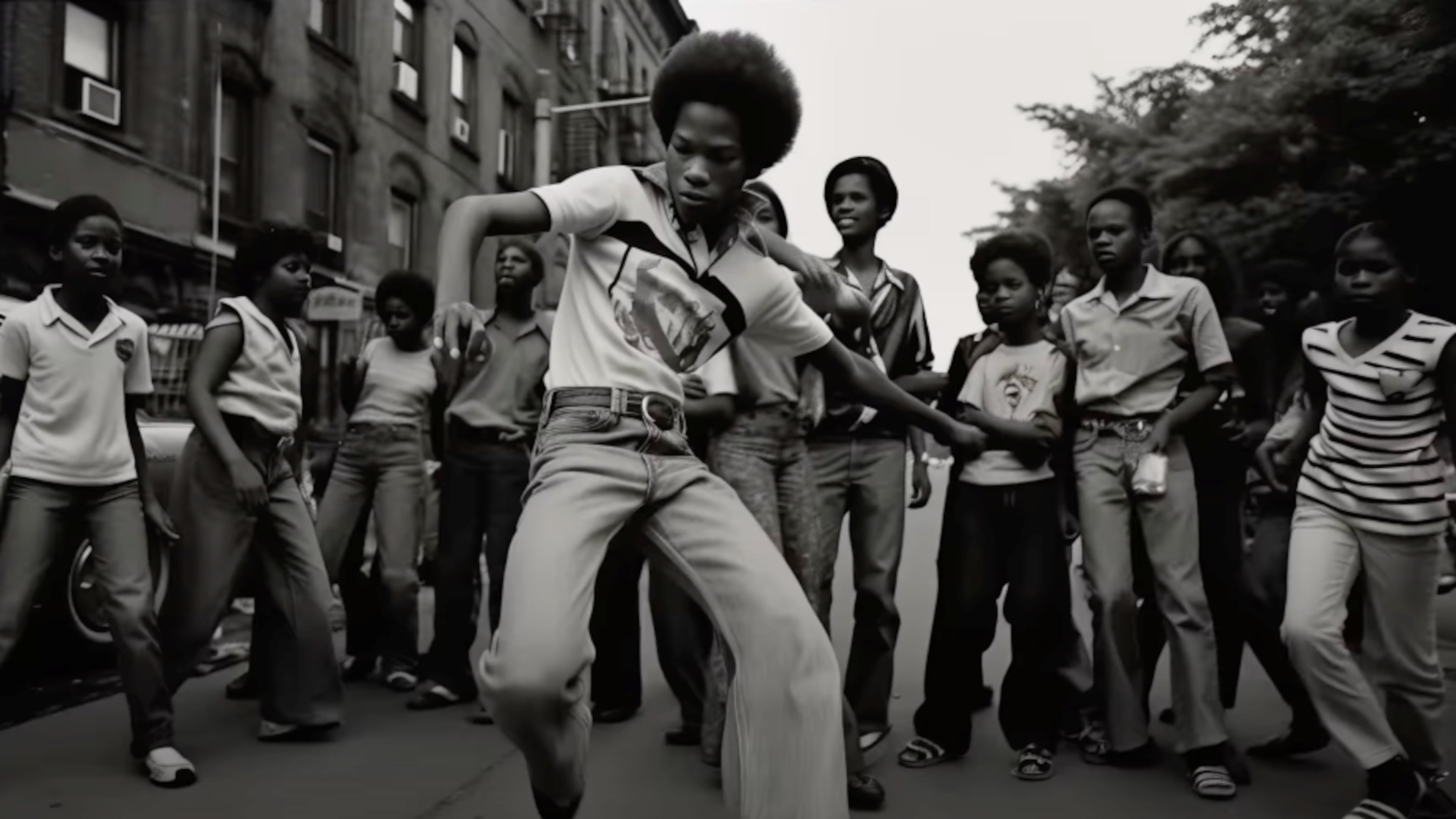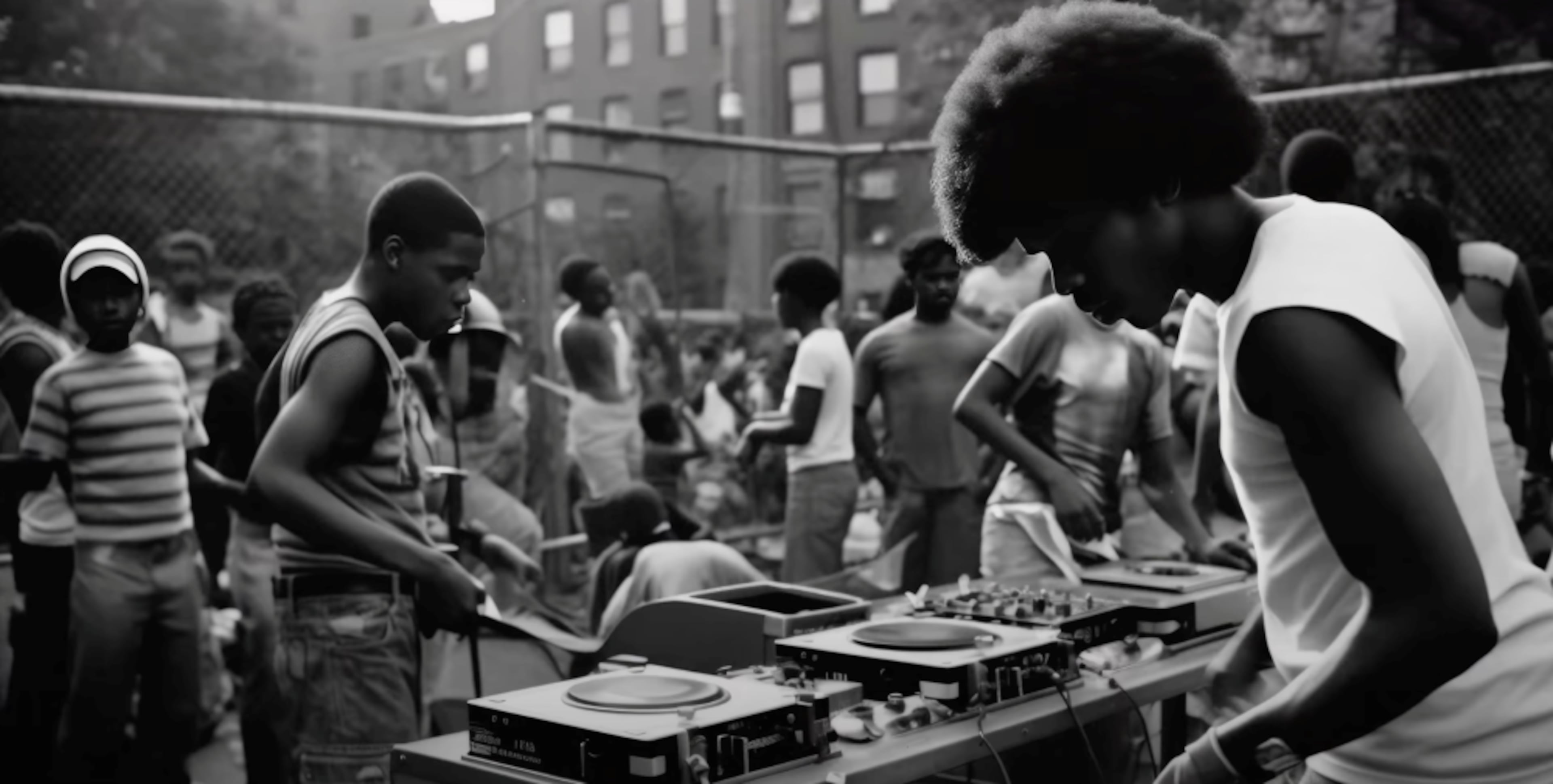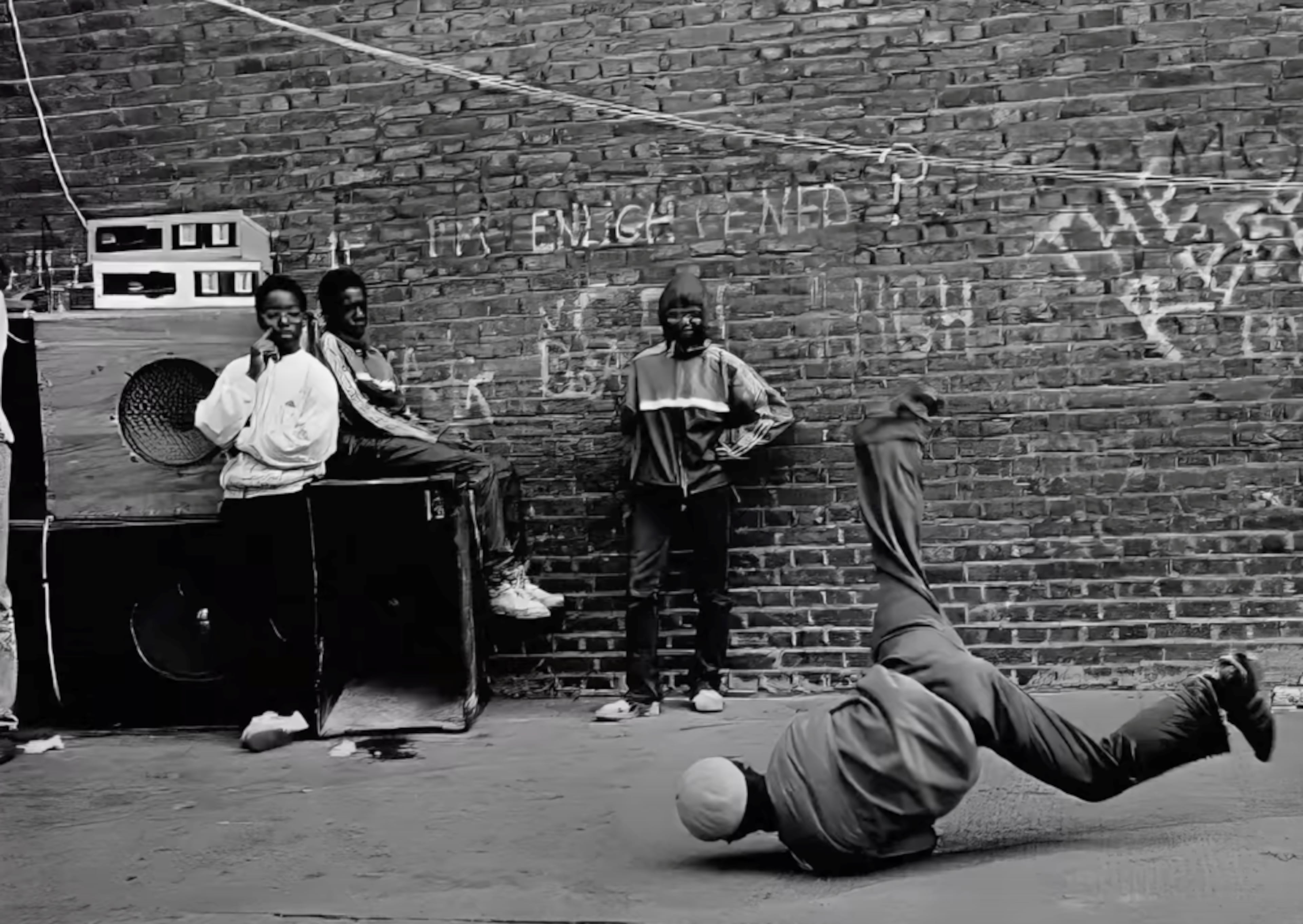Tariq Nasheed tells untold hip-hop history with ‘Microphone Check’

Filmmaker Tariq Nasheed is hosting screenings of his hip-hop documentary, “Microphone Check: The Hidden History of Hip-Hop,” at Landmark Midtown Art Cinema for a week beginning on Friday.
Released in May, the two-hour-plus film tells the story of architects like breakdancers Trixie and Sasa, rappers Melle Mel and Coke La Rock, graffiti artist Darryl “Cornbread” McCray and deejay Disco King Mario creating hip-hop culture’s four original elements.
“Microphone Check” features interviews with several historians, early rappers and disc jockeys. The film combines archival footage from parties, event flyers and posters, and classic photos that immerse viewers in hip-hop’s inception.
Nasheed, who directed projects like the “Hidden Colors” documentary series and “American Maroon”, came up with the idea for “Microphone Check” to align with the 50th anniversary of hip-hop in 2023. He said he wanted the film to recognize the people who are often left out of discussions around the Black artform’s early stages.

“When hip-hop documentaries are done, filmmakers will get one pioneer, skip to the ‘80s and ‘90s, and get people who came around decades later,” he said.
“That’s not a fair representation of hip-hop’s origins. The real pioneers needed to get the props and credit that they deserve,” Nasheed said.
Coming back to Atlanta to screen “Microphone Check” is a homecoming for Nasheed. In 1996, he moved from Birmingham to Stone Mountain and Decatur, where he lived for four years.
Moving at the height of Freaknik, Nasheed said Atlanta’s celebratory energy and laid-back atmosphere are what attracted him and caused the population to spike.
“People started seeing how fly and welcoming Atlanta was down there, and it just got flooded until it became a little congested,” he said.
“Microphone Check” challenges media reports documenting that early hip-hop culture was born out of Jamaican music and has its roots strictly in South Bronx, N.Y. Instead, he traces hip-hop’s connection to the south and early emcees taking their inspiration from comedy albums by performers like Pigmeat Markam.
The film acknowledges pioneering female emcee Sha Rock for innovating new vocal styles that departed from the baritone-sounding delivery that early rappers used to mimic radio disc jockeys. Rather than portraying drugs and gang culture as threats to the community, Nasheed said hip-hop culture was a solution that prevented Black youth from going down the wrong path.
“These children were creating a culture so they could stay out of trouble. It was a self-policing mechanism, and the artists kept a code of nonviolence among each other,” he said.

“Microphone Check” explores the idea that Black and Latino youth cofounded hip-hop culture. Nasheed said his original goal for the documentary was to track down someone from the Latino community who was present in early hip-hop but kept running into trouble finding those voices.
“I kept asking for names, but nobody could tell me anything. Everyone kept giving me the runaround. Anytime Black people create something positive and constructive, someone will always get attached to it or try to make us a guest in our own culture,” he said.
“I kept seeing all of these weird stories from people all of a sudden trying to rewrite the history of hip-hop and make it an All Lives Matter creation when all of the elements come out of foundational Black American culture.”

Production on “Microphone Check” began in the summer of 2023 after Nasheed crowdfunded $250,000 from a Kickstarter campaign in a month. The project was completely funded and produced independently.
A producer on Spike Lee’s “Da Sweet Blood of Jesus” in 2014, Nasheed said the direction of hip-hop culture is still rooted in Black youth’s influence despite corporate interests and the music becoming mainstream.
“People in the dominant society control the record industry, but hip-hop is still controlled by the grassroots. We still dictate what the next dance, fashion or trends are going to be,” Nasheed said.
Nasheed plans to direct installments of “Microphone Check” that examine both West Coast and Southern rap. He said he hopes “Microphone Check” will encourage Black viewers and content creators to control their own narratives.
“We have to get more into ownership and journalism so that we can maintain the integrity of hip-hop culture by telling the truth of its origins and the direction it should go in. It should be us telling the story,” he said.
July 19-26. Landmark Midtown Art Cinema. 931 Monroe Drive, Atlanta. 404-879-0160. https://www.landmarktheatres.com/movies/1000000480-microphone-check/
Sign up for the UATL newsletter.
Read more stories like this by liking UATL on Facebook and following @itsUATL on X and Instagram.


